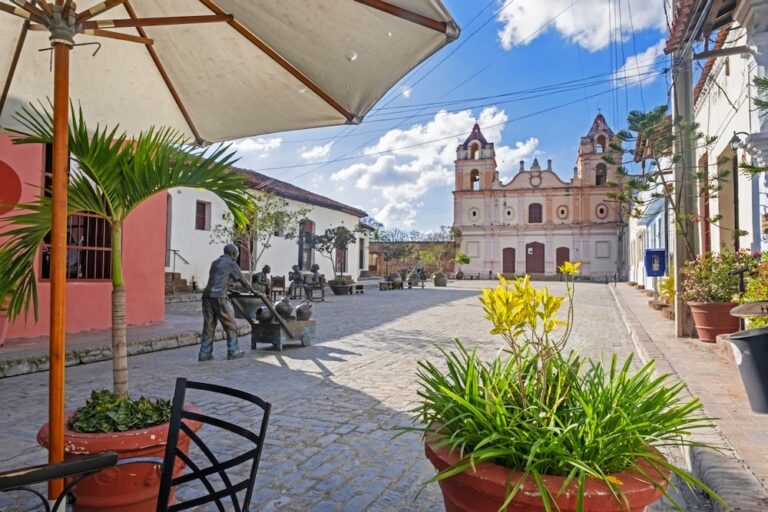(RSF/IFEX) – In an 18 August 2000 letter to General Abelardo Colome Ibarra, Cuban minister of the interior, RSF protested the interrogation of journalist Martine Jacot, who was sent by RSF on a mission to Cuba, and the confiscation of her materials. RSF requested that the minister ensure that the “material be returned immediately to […]
(RSF/IFEX) – In an 18 August 2000 letter to General Abelardo Colome Ibarra, Cuban minister of the interior, RSF protested the interrogation of journalist Martine Jacot, who was sent by RSF on a mission to Cuba, and the confiscation of her materials. RSF requested that the minister ensure that the “material be returned immediately to the organisation”. RSF Secretary-General Robert Ménard added, “This mission was not an official mission (…) because since 1986, the Cuban authorities have not authorised representatives of RSF and other international human rights organisations to travel to the island. Cuba continues to be the only country in Latin America where there is no press freedom at all, and journalists are imprisoned.”
On 17 August, Jacot was detained and interrogated at the Havana airport by six members of the security forces while she was waiting to board a plane to Paris. Over a period of an hour and a half, the French journalist was interrogated and her luggage was searched. A video camera, video tape and documents were confiscated. Jacot had arrived in Cuba one week earlier to interview members of independent press agencies and families of journalists who are currently imprisoned. It was not an official mission because, since 1996, Cuban authorities have refused to grant RSF representatives the right to enter Cuba in order to investigate the independent press situation. In January, Cuban Chancellor Felipe Pérez Roque stated during a press conference in Paris that RSF has a “biased view of Cuban reality.” In July 1996, a representative of the organisation was expelled upon arrival at the Havana airport. Other international human rights organisations such as Amnesty International and Human Rights Watch are also not authorised to visit the island.
The Cuban Constitution stipulates that “freedom of speech and the press must conform to the goals of socialist society”, and only the official press is authorised under the law. As a result, approximately 50 independent journalists who make up the 10 press agencies that are not recognised by the state work in a permanent state of harassment. In 1999, eight journalists were forced into exile, 50 were detained, 41 were under house-arrest, and three remained imprisoned. The journalists who are still in prison are: Bernardo Arévalo Padron, Manuel Antonio González Castellanos, who were sentenced to prison for six years and 31 months, respectively, for “disrespecting” the head of state, and Jesús Joel Díaz Hernández, who was detained on 18 January and sentenced the next day to four years in prison, labelled a “social danger”.


